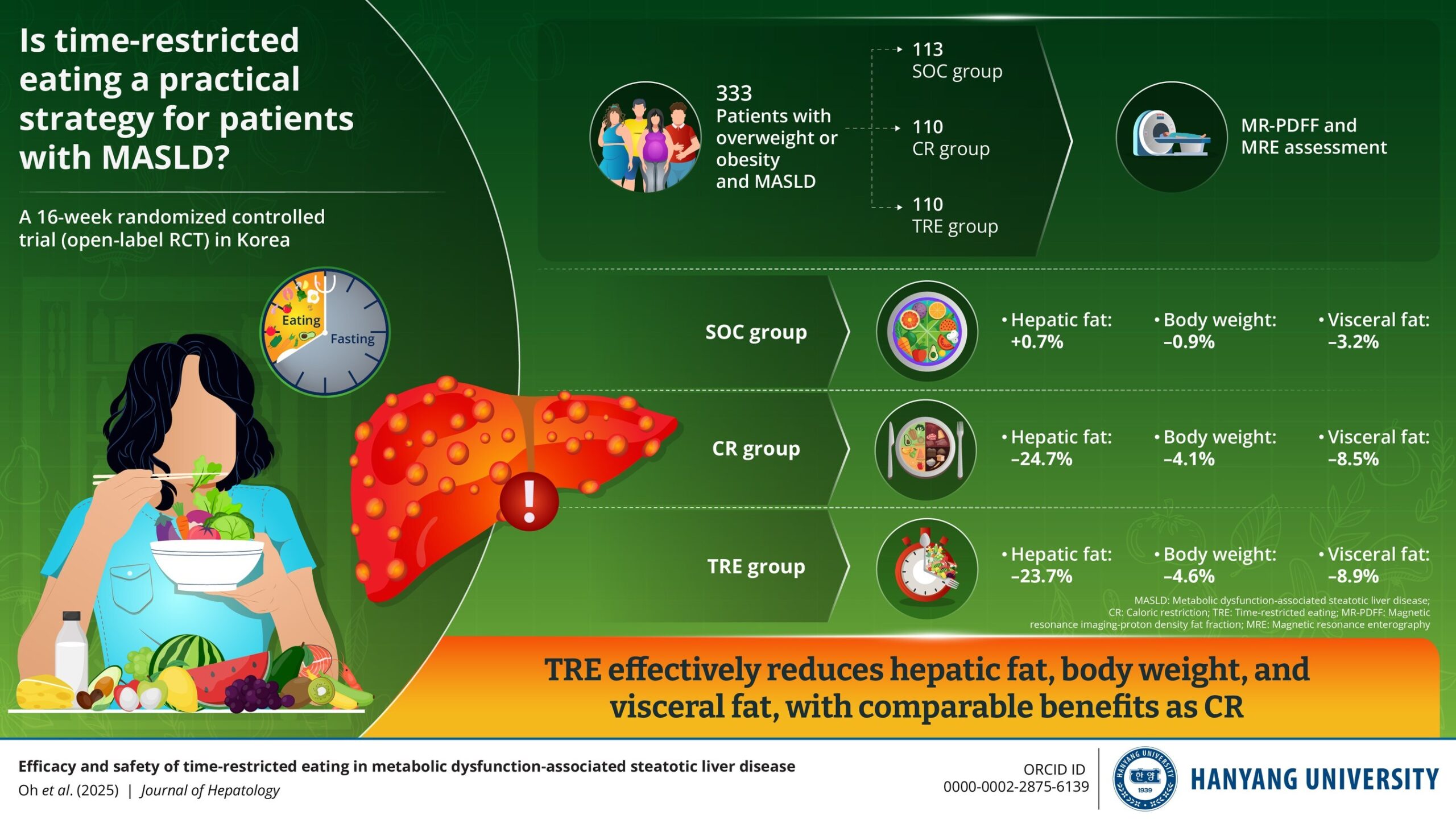Researchers at Intermountain Health in Salt Lake City have published a significant study indicating that weight loss medications do not elevate the risk of pancreatitis or adverse cardiac events for patients with high triglycerides. This finding offers reassurance for individuals seeking effective weight management solutions amidst ongoing concerns about the safety of such treatments.
The study analyzed a diverse group of patients with elevated triglyceride levels, a common risk factor for heart disease and other health complications. Results showed that the use of specific weight loss drugs remained safe, contributing to a growing body of evidence supporting their efficacy and safety.
According to the research, patients utilizing these medications reported no significant increase in the incidence of pancreatitis, which is characterized by inflammation of the pancreas. This condition can lead to serious health complications and has been a concern for both patients and healthcare providers when considering weight loss treatment.
Study Details and Implications
The study encompassed data gathered over several years, allowing researchers to evaluate long-term effects. In total, the researchers reviewed records of over 2,500 patients who were prescribed weight loss drugs, focusing specifically on those with high triglyceride levels. The results were conclusive and indicated that the medications did not contribute to a higher risk of adverse cardiac events, including heart attacks or strokes, which are often associated with high triglycerides.
Dr. Eric W. Johnson, a lead researcher at Intermountain Health, emphasized the importance of these findings. “Our research provides critical insights for patients and healthcare providers, affirming that these weight loss drugs can be a safe option for individuals managing high triglyceride levels,” he stated. This assurance is particularly important as obesity rates continue to rise globally, leading many to seek pharmacological assistance for weight management.
The implications of this research are far-reaching. With obesity being a significant public health issue, the confirmation of the safety of these weight loss drugs could lead to increased prescriptions and usage among patients who previously may have been hesitant due to safety concerns.
Future Research Directions
While the findings are promising, researchers call for further studies to explore the long-term effects of these medications in diverse populations. Future research should also investigate the impacts of lifestyle factors alongside medication use, as comprehensive approaches to weight management may yield the best outcomes.
In conclusion, the study conducted by Intermountain Health serves as a vital resource for both patients and healthcare providers. As the landscape of weight management continues to evolve, it is crucial to rely on robust, evidence-based research to guide treatment decisions. With no increased risk of pancreatitis or adverse cardiac events, weight loss drugs may play a pivotal role in tackling obesity and its associated health risks.







